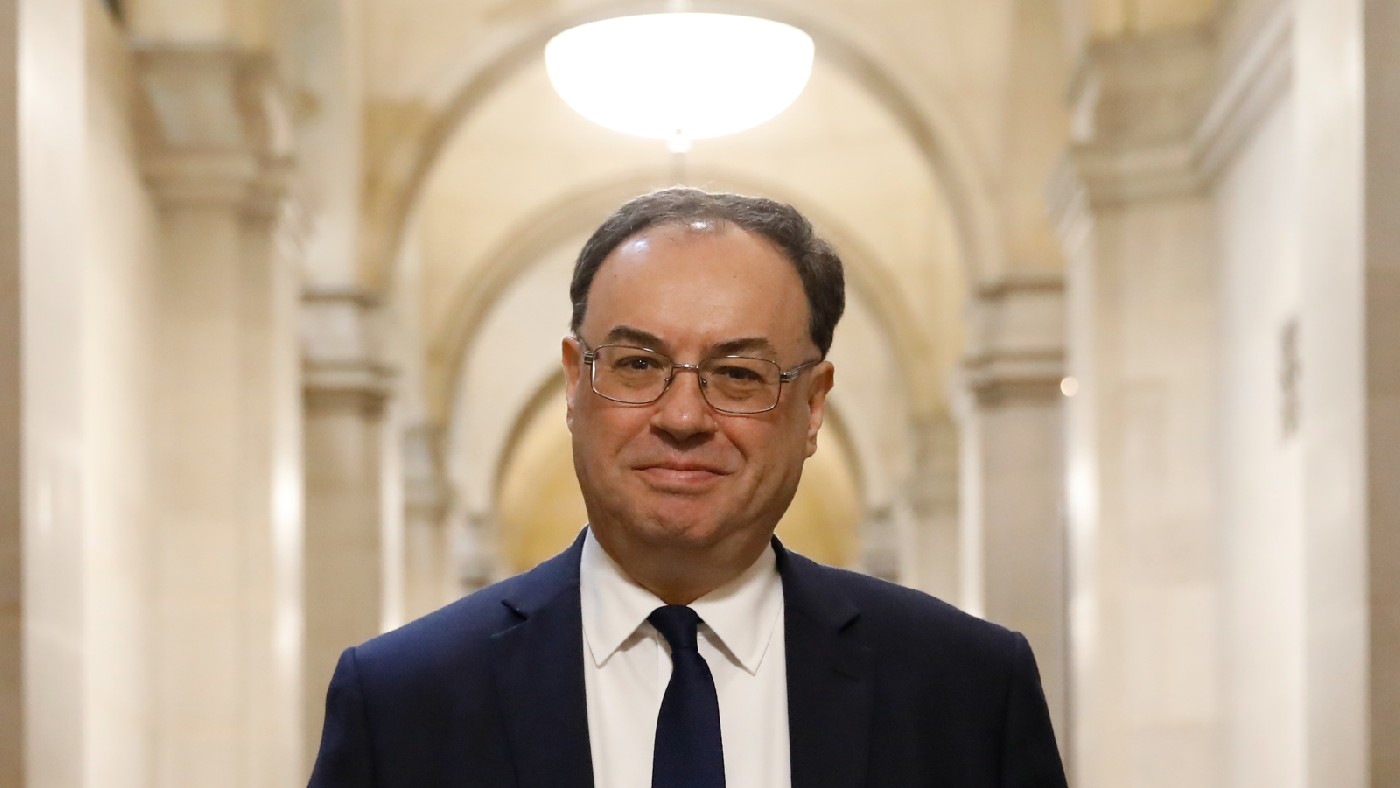Inflation, shortages and the end of furlough: ‘hard yards’ ahead for the UK economy
Britain’s bloated public finances are ‘a matter of growing concern’

A free daily email with the biggest news stories of the day – and the best features from TheWeek.com
You are now subscribed
Your newsletter sign-up was successful
“One way to stop a run on a bank is to drive a lorry-load of cash up to the front door and unload it in full public view,” said Ed Cropley on Reuters Breakingviews. Sadly, that option isn’t available when the economic panic “is caused by a shortage of drivers” and the only long-term solution – sharply higher wages for truckers – “puts further fire under inflation”.
Even before the current crisis, the Bank of England was expecting UK inflation to top 4% in the final quarter of 2021 – “twice its target rate”. Recent events have forced the governor, Andrew Bailey, to toughen his rhetoric, said Russell Lynch in The Daily Telegraph. Observing that “supply chain shocks” were “weakening” the recovery, he has warned of “hard yards” ahead for the UK economy.
Bailey still reckons there are “good reasons” why the inflation spike will prove temporary, but he’s already eyeing his toolbox, said Lizzy Burden on Bloomberg. BoE officials “surprised investors” last week by indicating they had “left the door open” for a potential interest rate hike as early as November.
The Week
Escape your echo chamber. Get the facts behind the news, plus analysis from multiple perspectives.

Sign up for The Week's Free Newsletters
From our morning news briefing to a weekly Good News Newsletter, get the best of The Week delivered directly to your inbox.
From our morning news briefing to a weekly Good News Newsletter, get the best of The Week delivered directly to your inbox.
Still, Bailey is the first to admit the Bank can do little to solve some of the UK’s problems. “Monetary policy will not increase the supply of semiconductor chips, it will not increase the amount of wind, and nor will it produce more HGV drivers,” he said.
Adding to the pressures facing policymakers is the conundrum of the labour market, said Larry Elliott in The Observer. “The biggest state intervention” in “peacetime history” has come to an end, with the winding up of the furlough scheme. The Bank is “nervous” about what will happen to more than one million furloughed workers once employers have to pay their wages in full. At a time of record job vacancies, the outcome is, to say the least, “hard to read”.
“We enter the season of mists and mellow fruitfulness with things looking more precarious than they have in a long time,” said Jeremy Warner in The Sunday Telegraph. There is a sense of the country lurching from one crisis to the next. Expect things to get really “ugly” if the Bank proves to be wrong about transitory inflation, has to jack up interest rates – and debt costs with them. Britain’s bloated public finances are “a matter of growing concern”, given that about a quarter of the national debt is index-linked to inflation.
“It is much too soon to call a halt to the recovery because of shortages and higher prices,” said David Smith in The Sunday Times. But they have taken “some steam out of the economy”. The Bank’s revised Q3 growth figures (down from 2.9% to 2.1%) will leave the economy 2.5% below pre-pandemic levels. “This is becoming a very messy recovery.”
A free daily email with the biggest news stories of the day – and the best features from TheWeek.com